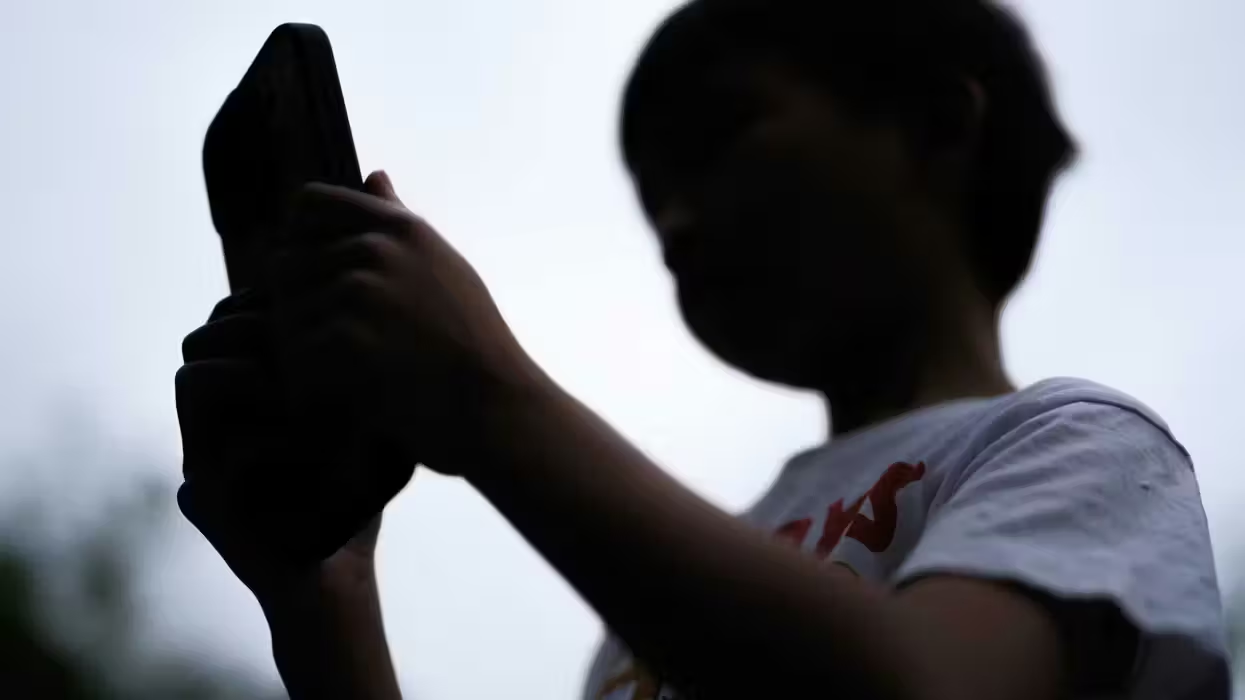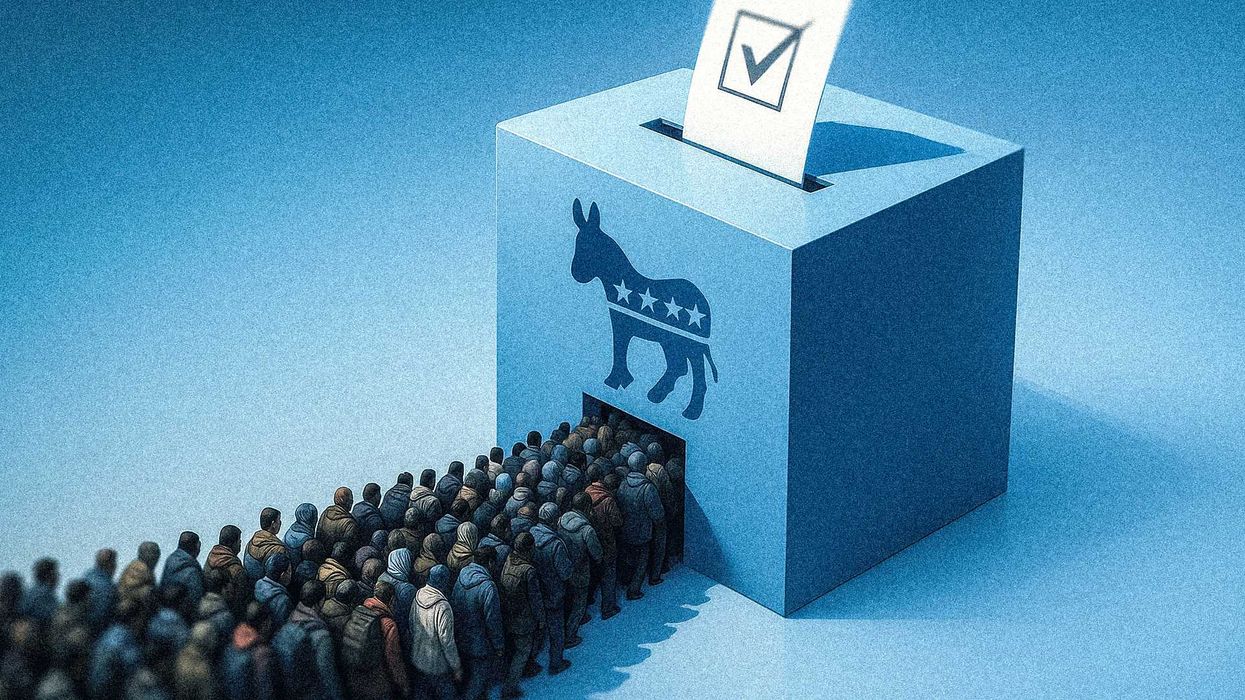If you avoid eye contact while talking with another person or if you ask them where they’re from, then you’re racist, according to Oxford University.
The university’s "Equality and Diversity Unit” recently informed students and staff that "not speaking directly to people” is a form of “subtle racism” and “racial micro-aggression” that can lead to “mental ill health,” according to the Telegraph, which is published in London.
The information was included in the school’s Trinity term newsletter, which also informed students and staff that asking someone where they’re “originally” from is another form of racism because it implies they aren’t British.
"Sometimes called ‘micro-aggressions,' subtle everyday racism can appear trivial,” the newsletter said, according to the Independent. “But repeated micro-aggressions can be tiring and alienating (and can lead to mental ill health).
"Some people who do these things may be entirely well-meaning and would be mortified to realise that they had caused offence,” it explained. "But this is of little consequence if a possible effect of their words or actions is to suggest to people that they may fulfill a negative stereotype, or do not belong."
In the age of “safe spaces,” dozens of genders, micro-aggressions, and students violently shutting down the speeches of those whom they disagree with, these new forms of “racism” don’t come as a surprise. Still, many believe the university’s newest guidance is ridiculous.
"Essentially, people are being accused of a thought crime,” Dr. Joanna Williams, a professor at the University of Kent, told the Telegraph.
"They are being accused of thinking incorrect thoughts based on an assumption of where they may or may not be looking,” she explained. "It is really problematic — it means people can’t relate to each other naturally, they have rules in the back of their mind and they can’t be spontaneous as their interactions are all overlaid with the desire to follow all these rules."
Tom Slater, coordinator of the Free Speech University Ranking, an organization that highlights cases of censorship at United Kingdom schools, echoed Dr. Williams.
"This is all part of a chilling desire on the part of university authorities to police not just opinions, but everyday conversations between students,” Slater told the Independent. "It’s not only deeply authoritarian, it has a chilling effect on how students interact with one another."
According to Slater’s organization, Oxford last year was one of the most restrictive colleges in the United Kingdom because it routinely bans or heavily censors ideas and thoughts.
This is not a new problem in the U.K. A Cambridge college was accused of “cultural misrepresentation” in February after it served “Jamaican stew” and “Tunisian rice” in the dining hall, while Cardiff Metropolitan University recently banned phrases such as “gentlemen’s agreement” and “right-hand man” because they aren’t “gender inclusive."







